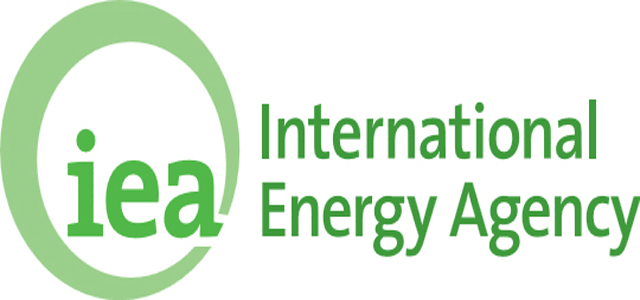Part 1 of 2 Parts
I like to say that nuclear power is the most complex and dangerous way to boil water ever invented by the human race. I also like to say that, in the end, it will be economics and public opinion that brings an end to the global use of nuclear power to provide a great deal of the electricity consumed by the nations of the world. Now a long time nuclear industry advocate appears to agree with me, at least with respect to economic issues.
Nobuo Tanaca is the former head of the International Energy Agency (IAEA). The IEA is “Paris-based autonomous intergovernmental organization established in the framework of the Organization for Economic Co-operation and Development (OECD) in 1974 in the wake of the 1973 oil crisis.” While originally aimed at responding to physical disruptions of the global oil supply, the mandate for the IEA has expanded to include energy security, economic development and environmental protection.
Tanaka says that new nuclear power plants are ridiculously expensive and uncompetitive compared to solar power. Bloomberg says that the U.S. nuclear power plants are “bleeding cash” and the Brattle Group published an analysis on July 19th which said that it would cost at least five billion dollars a year to save existing nuclear power plants.
Proposals have been brought forward in the U.S. Congress to put a price on carbon pollution which would make nuclear power more competitive. Conservatives in Congress have opposed every such proposal. A 2009 proposal for carbon cap-and-trade climate change mitigation passed in the House but was defeated by conservatives in the Senate. A rising price on carbon dioxide emissions would certainly improve the competitiveness of carbon-free nuclear power against natural gas, one of its major competitors. Studies show that a twenty dollar a ton carbon tax could preserve the nuclear industry in the U.S.
Proponents of nuclear power as a major solution to mitigating climate change have criticized environmentalists as blocking progress in saving nuclear power. However, as I have often said, economics will kill nuclear power, not environmentalism.
An analysis released last November from Lazard Ltd. pointed out that in many regions, building and operating new renewable energy installations is cheaper that just operating a nuclear power plant. A May New Energy Finance report from Bloomberg concluded that twenty four out of sixty six U.S. nuclear power plants are either scheduled to be shut down or will probably fail to turn profit by 2021.
It should be obvious that if existing nuclear power plants are so uncompetitive, building and financing an entire fleet of new nuclear power plants would be too expensive to even consider. Two nuclear power reactors that were being built in South Carolina have been abandoned after nine billion dollars had been spent partly due to rising costs and schedule slippage. It was originally estimated that it would cost eleven and a half billion dollars to build the two reactors. When the project was cancelled, the estimated cost had rising to twenty-five billion dollars, more than twice the original cost.
Please read Part 2
